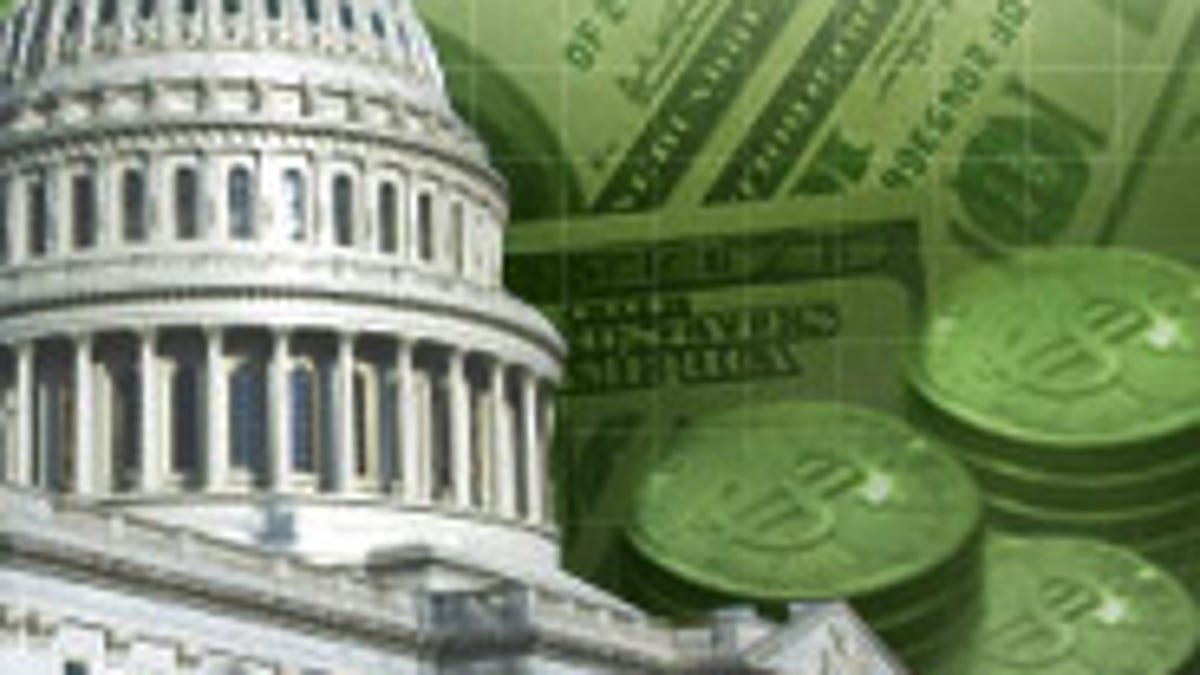Look into tech companies' tax safe havens draws to close
Senate subcommittee has been conducting an investigation over the past year into techniques used by major tech companies to save on taxes.

Major tech companies, including Apple and Google, have been the subject of a year-long investigation by a Senate subcommittee into their tax-savings practices, according to a new report.
The Senate Permanent Subcommittee on Investigations, which is spearheaded by Sen. Carl Levin (D-Mich.), has been conducting inquiries into Apple, Google, Microsoft, and Hewlett-Packard, among others, to determine how the companies limit their U.S. taxes, The New York Times reported yesterday, citing people who have knowledge of those proceedings.
According to the Times' sources, the subcommittee's investigation is coming to a close and it will deliver recommendations on handling corporate tax issues when it is completed. Apple, which has especially caught the eye of investigators, has been cooperating fully with them, the Times' sources say.
Apple has drawn criticism from lawmakers over its ability to pay a comparatively small sum in taxes. Last year, the company revealed in a Securities and Exchange Commission (SEC) filing that it paid $713 million in taxes on $36.87 billion in foreign profits, representing a tax rate of less than 2 percent. However, in the U.S., the company paid $12.26 billion in federal taxes on profits generated here. Apple also paid $1.06 billion in state taxes.
Apple is by no means alone. Like most other global companies, Apple generates profits overseas and oftentimes keeps them there where tax rates are more favorable than the 35 percent rate in the U.S. The company's tactics are legal.
Last month, Google was found to also be saving serious cash through certain tax strategies. The search giant was able to avoid about $2 billion in global income taxes by funneling $9.8 billion in revenue into a Bermuda-based shell company, Bloomberg reported last month. Other prominent tech companies have followed the same strategy.
Still, lawmakers decry those savings, saying that U.S.-based companies should be paying more in taxes.
"This subcommittee has demonstrated in hearings and comprehensive reports how various schemes have helped shift income to offshore tax havens and avoid U.S. taxes," Levin said at a subcommittee hearing on the matter in September, according to the Times. "The resulting loss of revenue is one significant cause of the budget deficit, and adds to the tax burden that ordinary Americans bear."
In an SEC filing last year, Apple indicated that its effective tax rate in 2012 was 25.2 percent.
"The Company's effective rates for these periods differ from the statutory federal income tax rate of 35 percent due primarily to certain undistributed foreign earnings for which no U.S. taxes are provided because such earnings are intended to be indefinitely reinvested outside the U.S.," Apple noted in that filing.
Looking ahead, it's not clear what the subcommittee will determine at the end of its investigation and how the affected companies might be treated.
CNET has contacted Apple for comment on the matter. We will update this story when we have more information.

